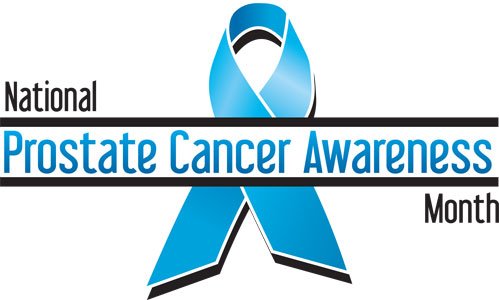(MEN’S HEALTH NETWORK) — If you’re experiencing a serious medical condition and the treatments you’re getting aren’t helping, ask your health provider whether a clinical trial might offer a more effective means to manage or even cure the problem at hand.
Participating in a clinical trial may give you an opportunity to take advantage of new medicines before they are approved for sale to the general public.
What are clinical trials and why is the public allowed to participate?
Clinical trials are designed to give researchers, clinicians, and the FDA (the agency that must approve all medical treatments before they’re made available to the public) critical information about the safety of a prospective new drug, or valuable insight into how to use an older medication in a new way to produce safer, more-effective treatments.
Unfortunately, there is a lot of confusion out there about what clinical trials actually are. Some people hear those words and imagine that they’ll be subjected to dangerous medical experiments. Others hear the same words and imagine a magical cure: show up at a lab somewhere, pop some new pills, and come out disease-free. Neither is correct.
Clinical trials are constantly and carefully monitored by the FDA to ensure the safety of every volunteer. Out of every 5,000-10,000 drugs pharmaceutical companies discover, only five ever make it to the clinical trial stage— the point at which the FDA feels they are safe enough to use on human volunteers; the rest are discarded long before. Of those five, only one will ever be approved.
Clinical trials are not appropriate for every person or in every circumstance. Volunteers are carefully screened to ensure that they have the disease that is being studied and that they don’t have any other conditions that might confuse the results or interfere with the way the new drug works.
For example, a clinical trial for a new prostate cancer drug would, of course, recruit volunteers who have prostate cancer. But they might exclude volunteers who also have some other health problem that could make it hard to determine whether the new drug worked properly or not. (In certain instances, someone who doesn’t qualify for a clinical trial but whose condition is life threatening, may still be eligible to participate under what’s called a Compassionate Use Program.). In addition, the volunteer will be carefully monitored to determine whether there are any unpleasant or unforeseen side-effects or the experimental drug is not helping at all.
Could a clinical trial be useful for you? If you think so, start by talking with the health provider who’s treating you right now. Odds are, he or she knows or can help you find a scientist, physician, university, or local clinical research center that’s doing cutting-edge research into your condition and may be conducting trials that you might be a candidate for. In addition, the National Institute of Health has an excellent online database www.ClinicalTrials.gov that you can search to find appropriate trials. Unfortunately, using that database requires quite a bit of skill (more than many medical practitioners have), so it’s worth making contact with a reputable patient advocacy group such as Men’s Health Network (www.menshealthnetwork.org ) that can help you navigate those murky waters.
Once you have found a clinical trial that sounds promising, your work isn’t over. Gather as much information as you can from your provider, the people conducting the trial, and patient advocacy organizations about all of the potential benefits and risks. Then start asking questions— lots of questions. Participation in a clinical trial is an important
decision and you need to do your home- work, advises Cathryn Clary, MD, Head of US Medical and Chief Scientific Officer of Novartis Pharmaceuticals Corporation. The good news is that there is a lot of information available and you should take advantage of it all to make the most informed decision. So, take your time, read about the study, understand how it will work, the background of the study team and site and what participation will involve. Ask a lot of questions. It can be a very rewarding experience but it’s important to be sure it’s the right experience for you.
Ultimately, of course, the decision is yours alone. You will be asked to sign
an Informed Consent document stating essentially that you have had a chance to ask questions and that you’re walking into the trial with your eyes wide open.
Ana Fadich serves as Vice President at Men’s Health Network (MHN). She represents MHN at prostate cancer advocacy, research and policy meetings. For information about the health and wellbeing of men, boys and their families, visit: www.menshealthnetwork.org.
